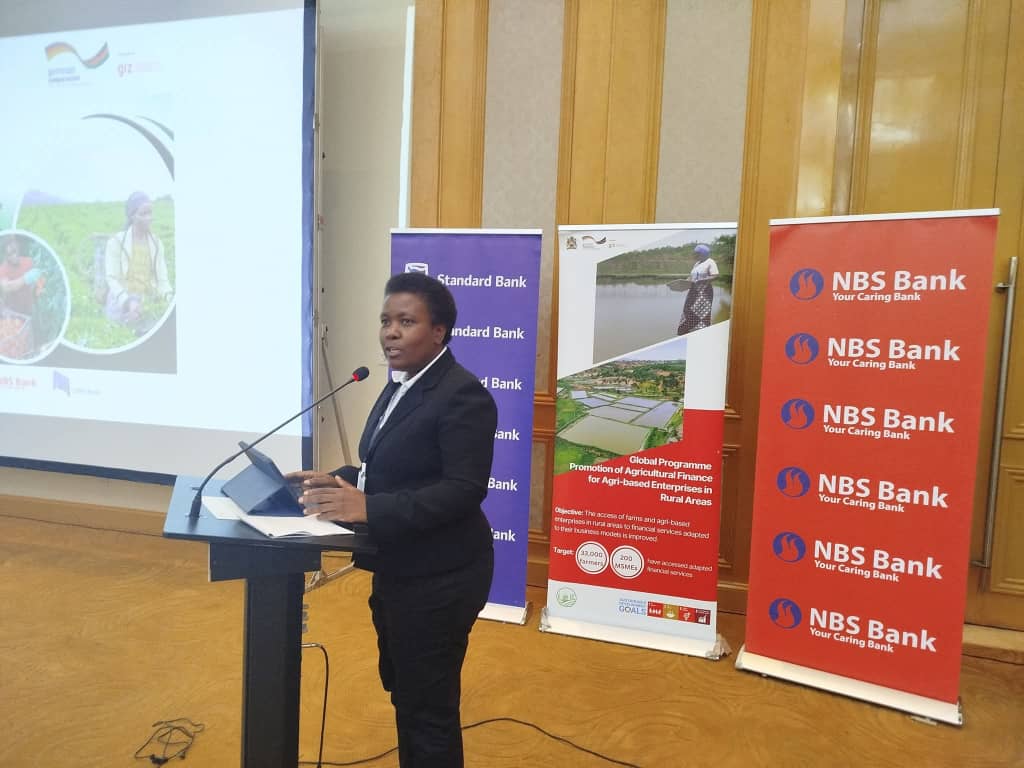By Burnett Munthali
The Bankers Association of Malawi (BAM) has announced a significant rise in commercial bank lending to the agricultural sector, with credit increasing from K14 billion in 2023 to K44 billion in 2024.
This threefold increase in credit injection is being hailed as a strong vote of confidence in the agricultural sector’s potential to transform Malawi’s economy.
BAM Chief Executive Officer, Lyness Nkungula, revealed the development on Thursday on the sidelines of the 5th Agrifinance Conference held in Lilongwe.
The high-profile event brought together key players from agribusiness, finance, and development sectors to discuss strategies for financing agriculture in a sustainable and inclusive manner.
Nkungula stated that the increased credit demonstrates a growing commitment by financial institutions to support farmers, agri-preneurs, and cooperatives.
She emphasized that banks are beginning to see agriculture not just as a development necessity but as a commercially viable and resilient investment.
According to Nkungula, this confidence from the banking sector is essential in strengthening the agricultural value chain and empowering rural economies.
Also speaking at the conference, Dr. Zewdy Grebremedhin, GIZ Private Sector Support Manager, called for deliberate efforts to empower women in agribusiness.
Dr. Grebremedhin noted that addressing the systemic barriers faced by women in agriculture is key to achieving inclusive economic development.
She stressed that when women are given equal access to finance, resources, and markets, they can significantly boost agricultural productivity and rural livelihoods.
The 5th Agrifinance Conference has been described as a vital platform for dialogue and collaboration among stakeholders in agricultural finance.
Participants are exploring solutions to persistent challenges such as access to credit, risk management, and financial literacy among smallholder farmers.
The discussions are particularly timely as Malawi seeks to harness the full potential of its agricultural sector to drive growth, create jobs, and reduce poverty.
The credit expansion and focus on inclusive financing reflect a broader shift in how stakeholders view agriculture—not merely as subsistence, but as a strategic driver of national development.





